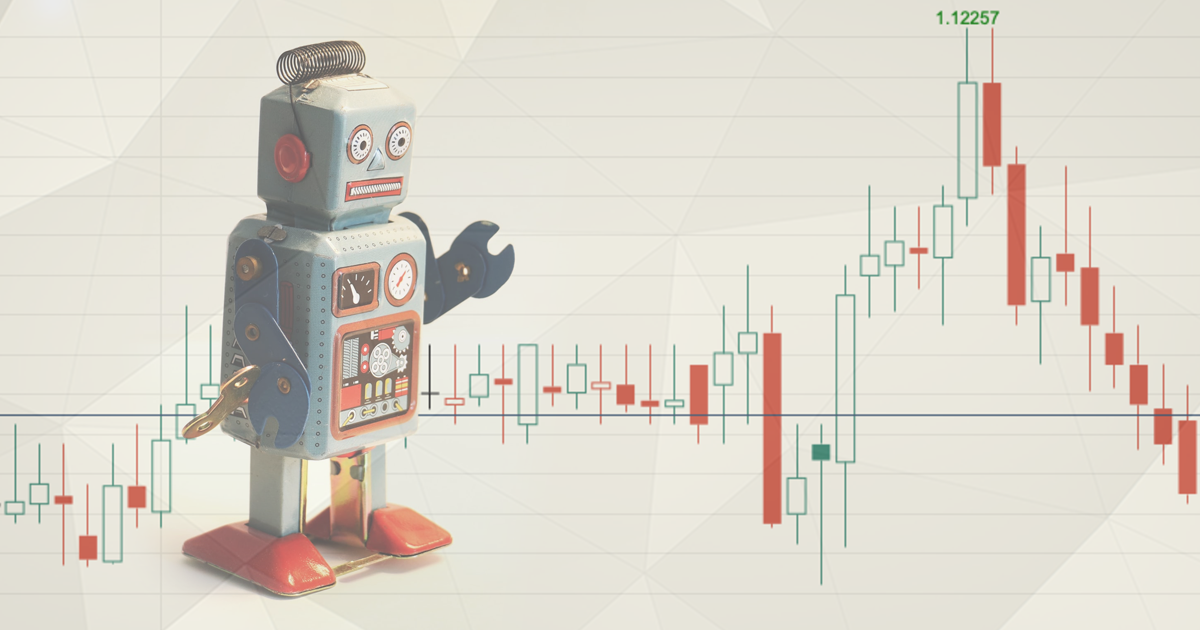The Rise of AI: Exploring Forex robot Strategies for Success

In the ever-evolving landscape of financial markets, the search for efficient and profitable trading strategies has led to the rise of automated trading systems, prominently represented by Forex robots. These intelligent algorithms are designed to navigate the complexity of market, making trades with precision and speed beyond human capabilities. In this comprehensive exploration, we delve into the ins and outs of Forex robots, examining their functionalities, advantages, limitations, and the improving role they play in modern trading. Forex robots, also known as Expert Consultants (EAs), are software programs designed to analyze market data, identify trading opportunities, and execute trades automatically on behalf of traders. These robots operate based forex robot predefined trading strategies, which can range from simple technical indicators to complex algorithms incorporating machine learning and artificial intellect techniques.
Market Analysis: Forex robots employ sophisticated algorithms to analyze vast amounts of historical and real-time market data, identifying patterns, trends, and anomalies that may signal potential trading opportunities. Trade Performance: Once a favorable trading opportunity is identified, the Forex robot automatically executes trades according to the predefined details set by the speculator. This ensures hasty and precise order placement, minimizing latency and slippage. Risk Management: Effective risk management is integral to successful trading. Forex robots incorporate various risk management techniques, such as stop-loss and take-profit orders, position sizing, and past record diversification, to mitigate potential losses and boost returns. Backtesting and Optimization: Before deploying a Forex robot in live trading, traders typically conduct extensive backtesting and optimization to gauge its performance under historical market conditions and fine-tune its details for optimal results. Emotion-Free Trading: One of the primary advantages of Forex robots is their power to eliminate emotional biases from trading decisions. Unlike human traders who may succumb to fear, greed, or indecision, robots execute trades based solely on predefined algorithms, ensuring discipline and consistency.
24/7 Operation: Forex robots can operate continuously, round the clock, five days a week, without necessity for rest or breaks. Web template traders to make profit on trading opportunities across different time specific zones and take advantage of market fluctuations even when they find it difficult to monitor the markets personally. Speed and Efficiency: With algorithms capable of processing vast amounts of data in milliseconds, Forex robots can execute trades with unparalleled speed and efficiency, significantly reducing latency and ensuring timely order performance. Diversification: Forex robots enable traders to diversify their trading strategies by simultaneously running multiple robots with different approaches or trading instruments. This diversification helps spread risk and boost returns by capitalizing on a broader range of market conditions. Reduced Time Commitment: By automating the trading process, Forex robots free traders from the need to constantly monitor the markets, allowing them to pursue other interests, engage in research and analysis, or even trade multiple markets simultaneously.
Market Volatility: While Forex robots shine in life in navigating stable market conditions, they may struggle to adapt to sudden and unstable volatility events, leading to unexpected losses or missed opportunities. Over-Optimization: Excessive backtesting and optimization can lead to overfitting, where the robot’s performance in historical data does not accurately reflect its performance in live trading. This may lead to suboptimal performance and increased vulnerability to market changes. Technical Failures: Like any software program, Forex robots are susceptible to technical glitches, on the internet issues, and software bugs that can disrupt their operation and potentially lead to losses if not promptly addressed. Limited Specialized: While some Forex robots incorporate machine learning and adaptive algorithms, many operate based on fixed rules and details, which can limit their power to adapt to improving market conditions or surprising events.
As technology continues to advance and the financial markets progress, the role of Forex robots is also improving. Increasingly, we see the integration of artificial intellect, machine learning, and big data analytics into Forex trading algorithms, enabling robots to adapt to changing market mechanics more effectively and make more informed trading decisions. Furthermore, the democratization of algorithmic trading through the growth of trading platforms and APIs has made Forex robots more accessible to retail traders, empowering them to completely overcome institutional players on a more level playing field. Forex robots represent a paradigm shift in the world of trading, offering traders the opportunity to automate their strategies, minimize emotional biases, and make profit on market opportunities with unprecedented speed and efficiency. While they come with their own set of challenges and limitations, the continuous advancement of technology and algorithms promises minimize the stress enhance their capabilities and expand their role in modern trading practices. As traders embrace the potential of automation, Forex robots are positiioned to play an increasingly significant role in surrounding the future of financial markets.
Leave a Comment